The Supreme Court declined Tesla CEO Elon Musk’s plea to withdraw from a settlement he reached with the Securities and Exchange Commission (SEC) in 2018 regarding a series of tweets about the car manufacturer that regulators deemed deceptive.
In his notable 2018 tweet, Musk asserted he had “funding secured” to privatize Tesla at $420 per share, a claim the SEC labeled as false and which triggered significant fluctuations in the company’s stock value.
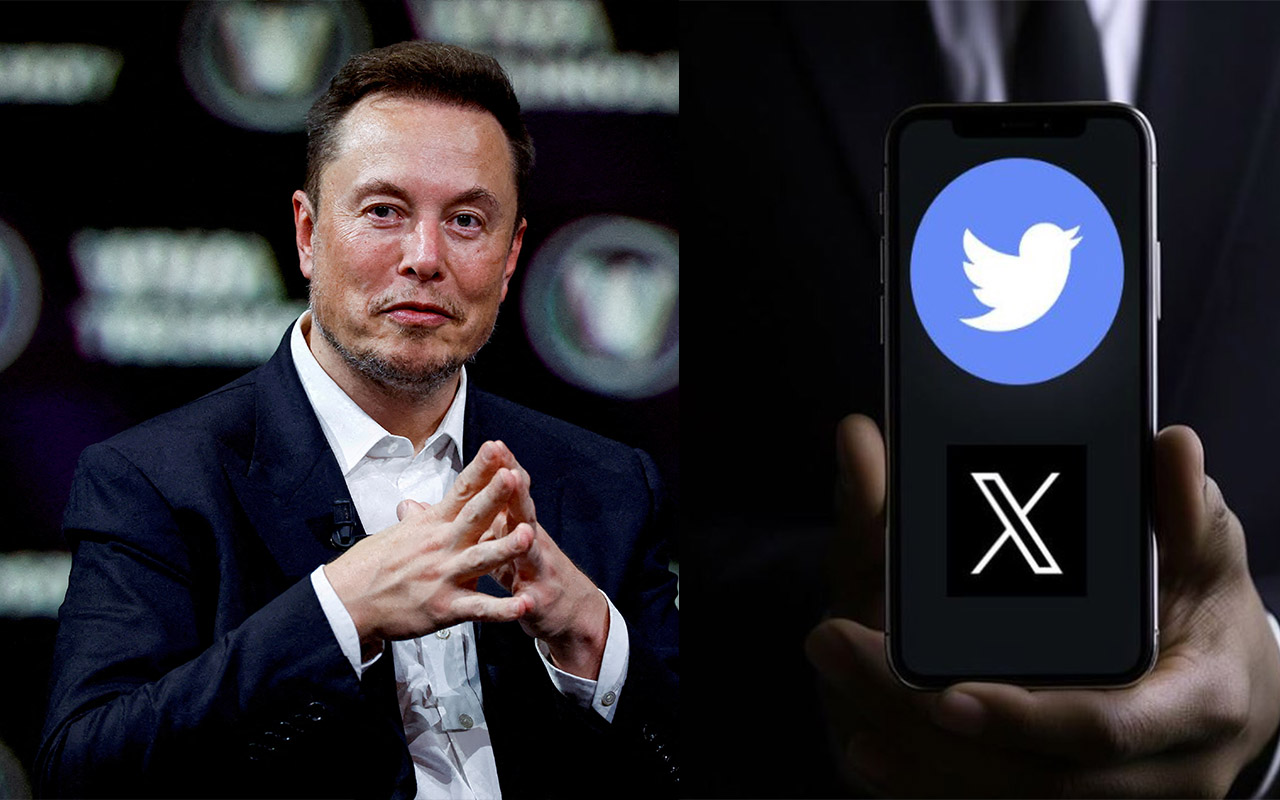
To evade regulatory action, Musk consented to a settlement mandating that a company attorney approve his social media posts related to Tesla.
While he initially accepted the “Twitter sitter” condition, Musk subsequently contested it as an infringement of his First Amendment liberties. In 2022, Musk acquired Twitter and rebranded it as X.
The Supreme Court dismissed Musk’s challenge without providing any commentary, and there were no recorded dissents. Both a US District Court and the 2nd US Circuit Court of Appeals rejected Musk’s bid to invalidate the Twitter sitter provision.
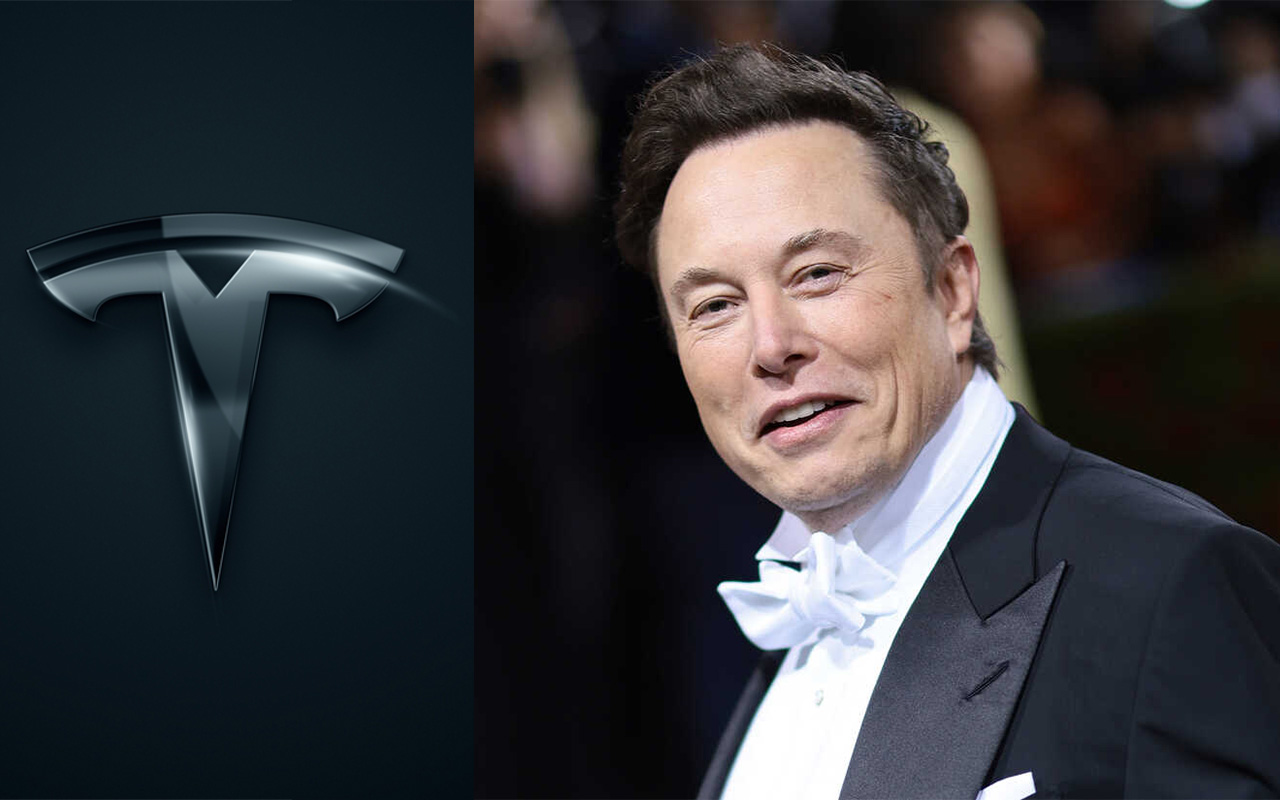
“We see no evidence to support Musk’s contention that the SEC has used the consent decree to conduct bad-faith, harassing investigations of his protected speech,” a three-judge appeals court panel wrote last year.
“Had Musk wished to preserve his right to tweet without even limited internal oversight concerning certain Tesla-related topics, he had ‘the right to litigate and defend against the [SEC’s] charges’ or to negotiate a different agreement – but he chose not to do so.”

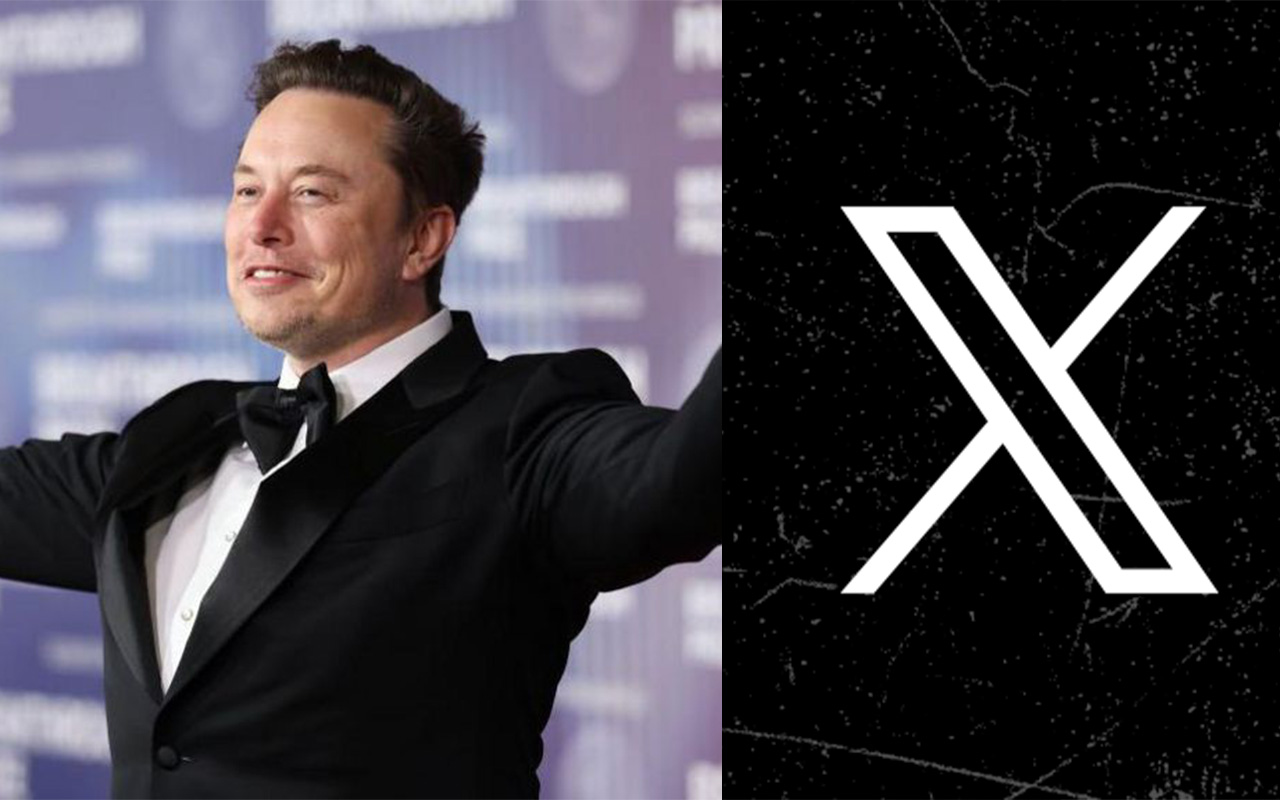
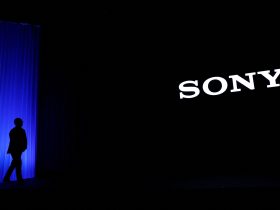
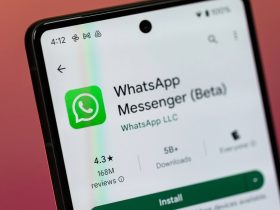

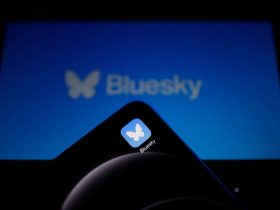
Leave a Reply